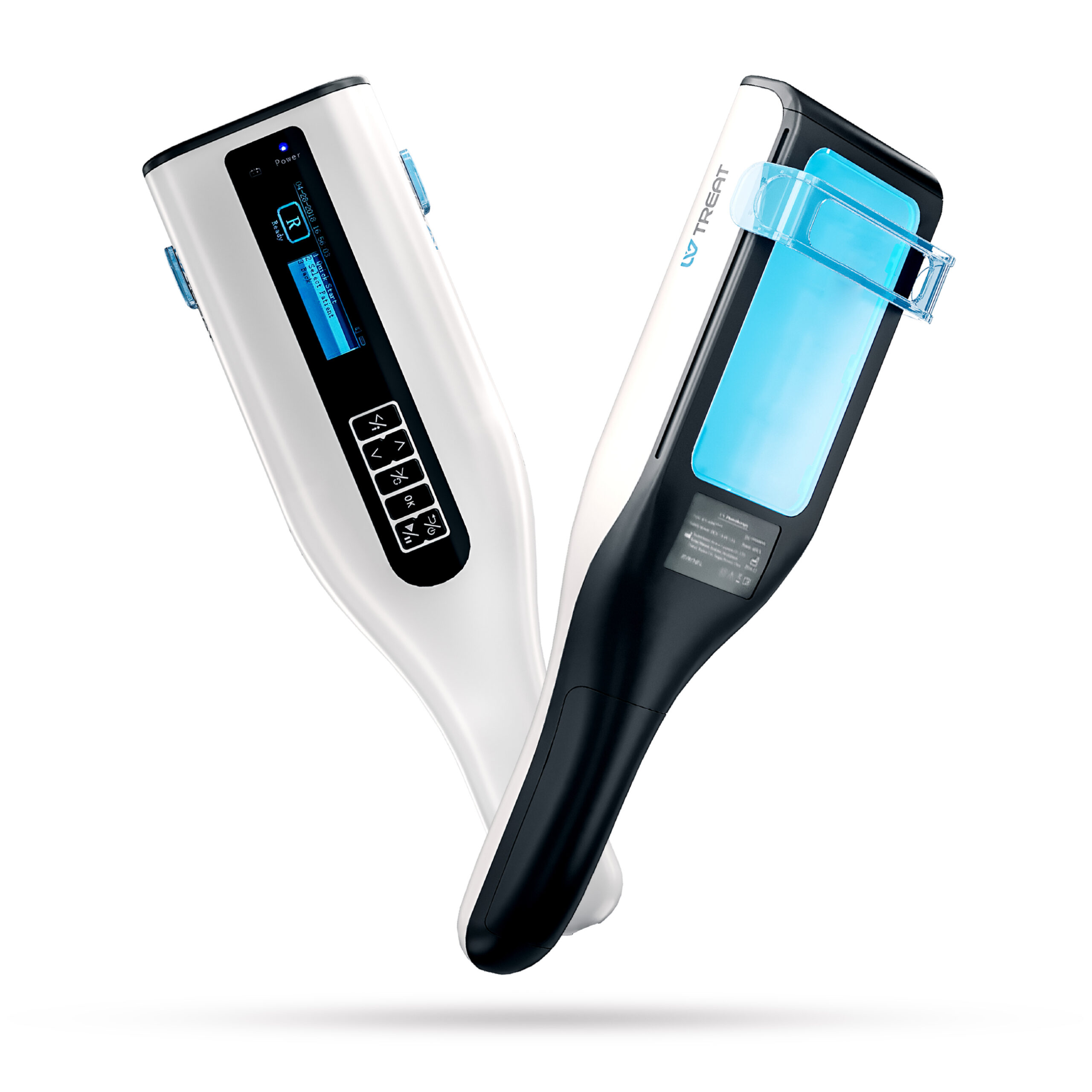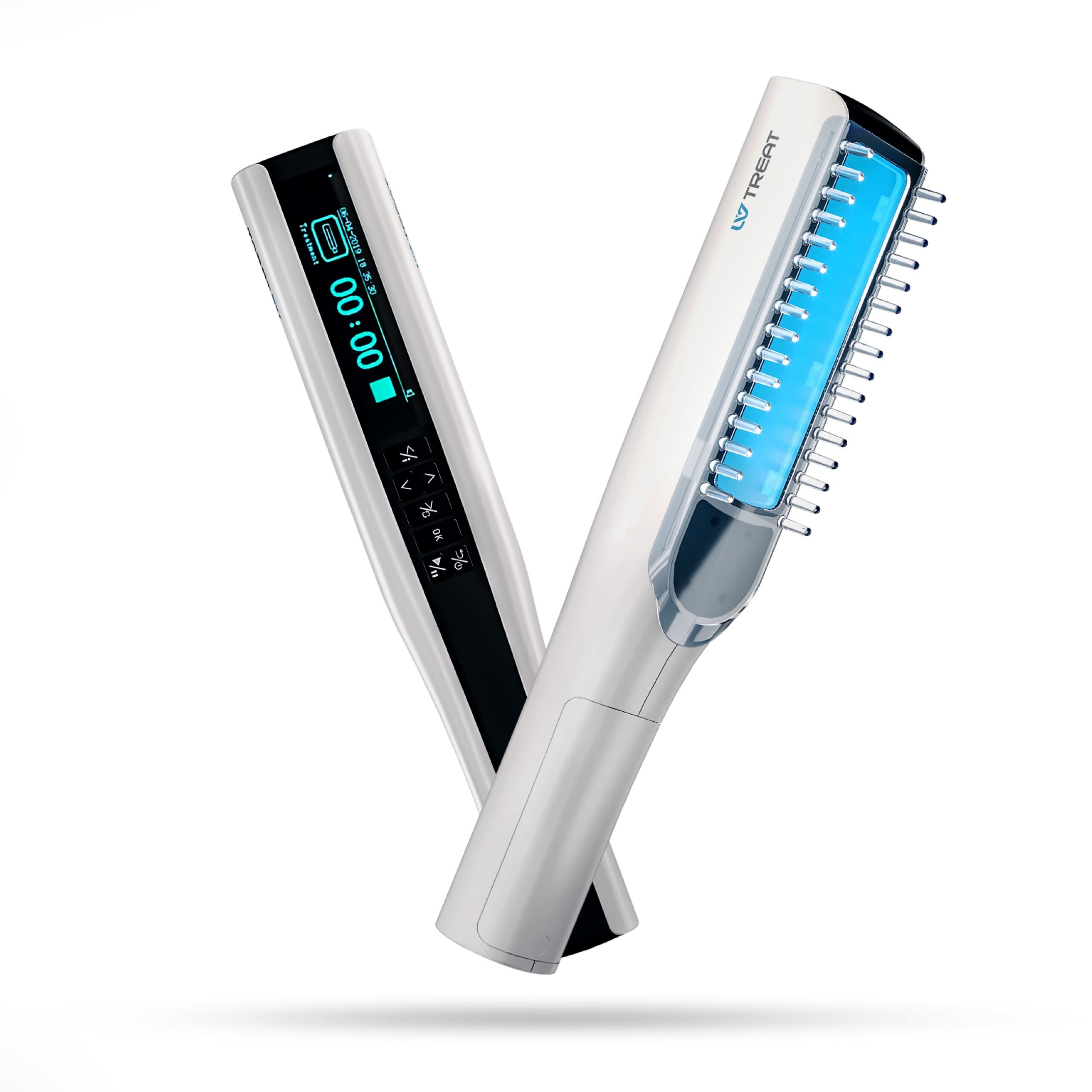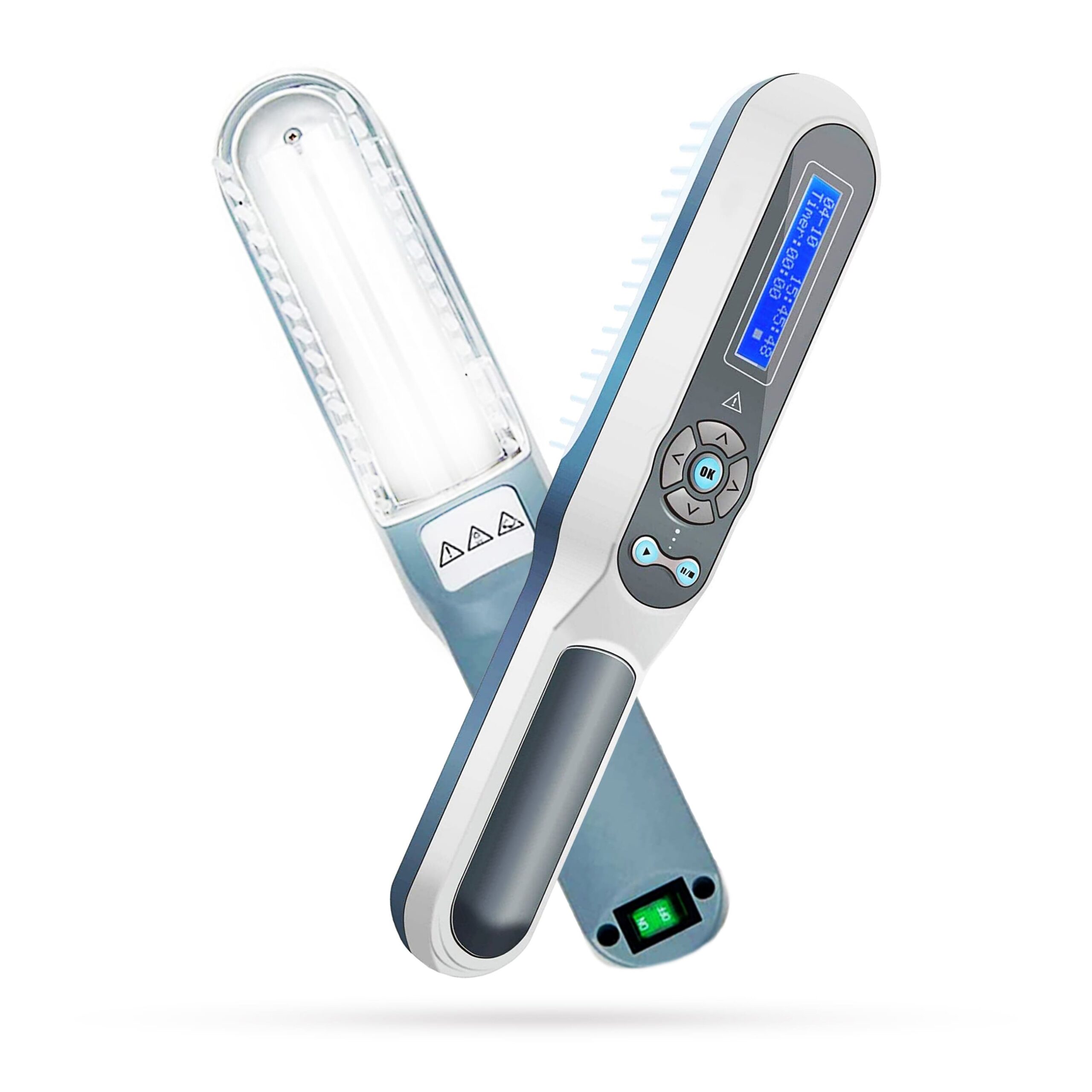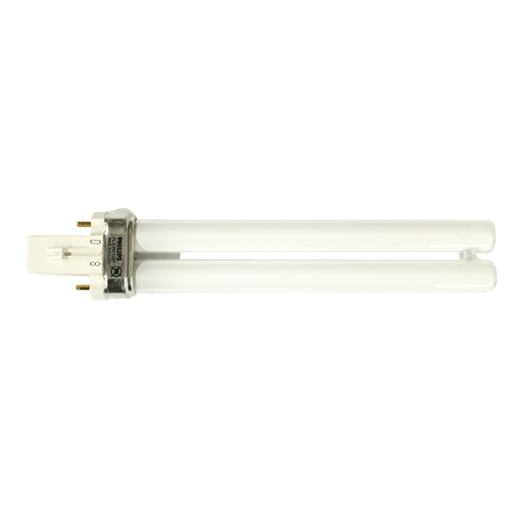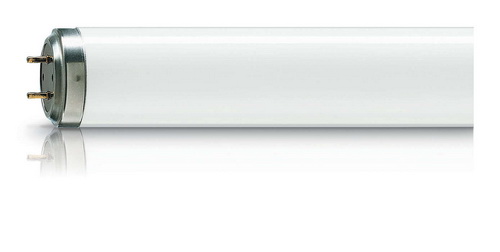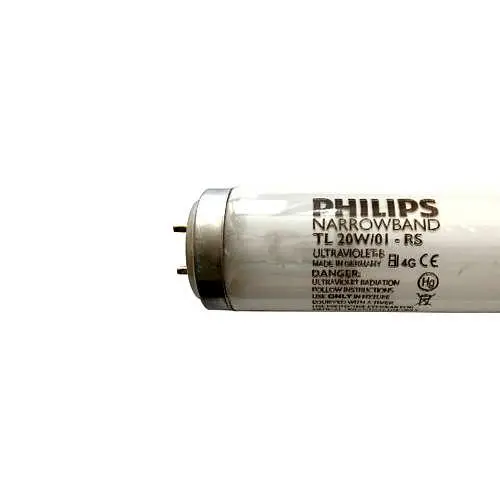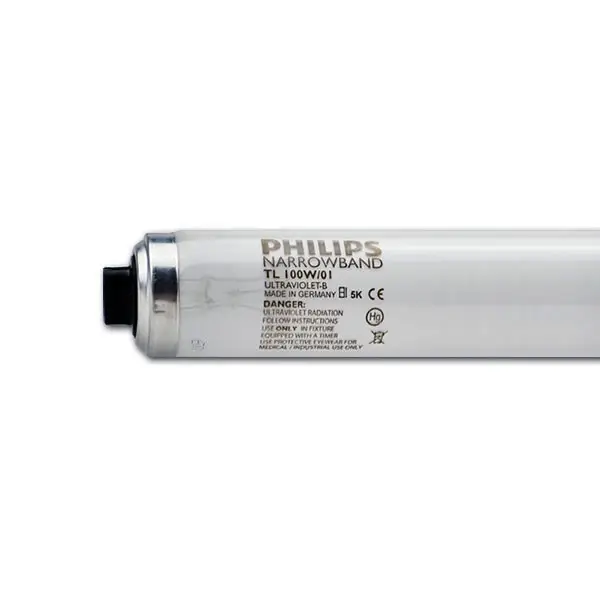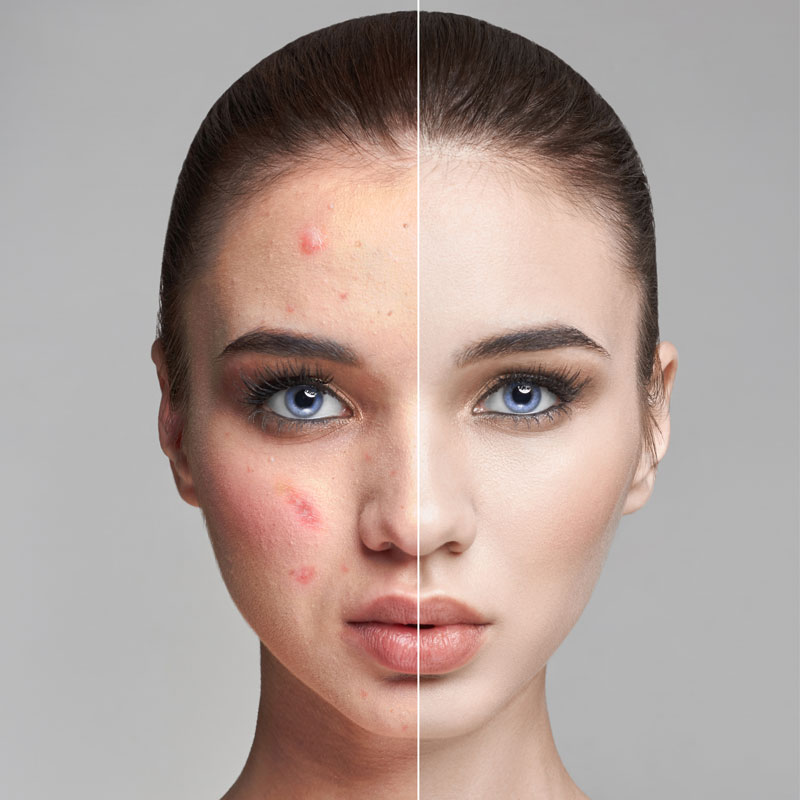Published on February 23, 2024
Excimer laser effectiveness for psoriasis
Feldman et al (2002) reported on a multi-center study of the excimer laser involving 124 patients with stable mild-to-moderate plaque-type psoriasis; 32 of whom dropped out of the study before completing the course of treatment. Patients were scheduled twice-weekly for a total of 10 treatments. Seventy-two percent of patients who completed the treatment course achieved at least 75 % clearing in an average of 6.2 treatments. Eighty-four percent of patients reached an improvement of 75 % or better after 10 or fewer treatments. Side effects included erythema in half of the 124 patients, blisters in 56 %, hyper-pigmentation in 47 %, and erosion in 31 %. Other side effects included pain, sunburn sensation, scaling, itching, tenderness, flaking, peeling, vesicles, disease flare, scab, and weeping lesions. The authors concluded that the excimer laser appears to be safe and effective for psoriasis, and has an advantage over conventional photo-chemotherapy in that it requires fewer visits and targets only the affective areas of skin, sparing the surrounding uninvolved skin.
Trehan and Taylor (2002) reported on a self-controlled study involving 16 with multiple stable psoriasis plaques who were treated with the excimer laser. Two plaques were selected on each patient, and half of each plaque was treated with a single excimer laser dose, whereas the other half (control) was left untreated. Eleven patients showed significant improvement with reduction of the plaque to a flat red macule within treated sites within one month. There was no change in the control halves of the psoriatic plaques. At baseline, the mean Psoriasis Area and Severity Index (PASI) score was 6.31, but 4 weeks after a single treatment the mean modified PASI score was 3.56 (p < 0.01).
Gerber et al (2003) reported on the effectiveness of the excimer laser in an uncontrolled study involving 120 patients with chronic plaque psoriasis; 102 of whom completed the study. Patients were treated twice a week for the first 3 weeks, then once-weekly until clearance was achieved. Of these patients, 2/3 had a 90 % or greater improvement in PASI score after a maximum of 10 treatments, and 85 % had 90 % or greater improvement in PASI score after a maximum of 13 sessions. Blistering occurred at least once in 40 % of the patients, and 26 % in this group had erosions and pain. Duration of remission was not reported.
Taneja et al (2003) reported on a before-and-after study of excimer laser therapy in 18 subjects with recalcitrant plaque psoriasis that had not responded to other treatments, 4 of whom dropped out before the end of the study. Patients were treated twice-weekly. A total of 44 plaques were treated with the excimer laser, and 1 lesion in each subject was left untreated as a control. Plaques received a mean of 10 treatments (range of 4 to 14). The mean PASI scores of the treated plaques decreased from 6.2 before treatment to 1.2 after 10 treatments, whereas the mean PASI scores of the untreated plaques increased from 6.4 before treatment to 6.9 after 10 treatments. At follow-up, the mean modified PASI scores of all treated lesions gradually regressed from 1.0 at the time of the last treatment; to 2.0 by the end of the 3rd month; to 3.1 at the 6-month follow-up. The relapse was mild in all cases and mostly focal in 20 of 44 cases.
Thus, the excimer laser may be considered as a treatment option for those patients in whom topical therapy has failed. According to published clinical studies, responses increase with up to 13 treatments, and the typical duration of response is 4 to 6 months. Additionally, clinical trials of the laser therapy selected patients with less than 10 % of body surface area affected because, in the clinical setting, it is not practical to treat more than 10 % of body surface area with the laser, because of the extended treatment time required due to the relatively small treatment spot size.
References
- https://www.aetna.com/cpb/medical/data/500_599/0577.html
- Feldman SR, Mellen BG, Housman TS, et al. Efficacy of the 308-nm excimer laser for treatment of psoriasis: Results of a multicenter study. J Am Acad Dermatol. 2002;46(6):900-906.
- Trehan M, Taylor CR. High-dose 308-nm excimer laser for the treatment of psoriasis. J Am Acad Dermatol. 2002;46:432-437.
- Gerber W, Arheilger B, Ha TA, et al. Ultraviolet B 308-nm excimer laser treatment of psoriasis: A new phototherapeutic approach. Br J Dermatol. 2003;149(6):1250-1258.
- Taneja A, Trehan M, Taylor CR. 308-nm excimer laser of the treatment of psoriasis. Induration-based dosimetry. Arch Dermatol. 2003;139(6):759-764.
